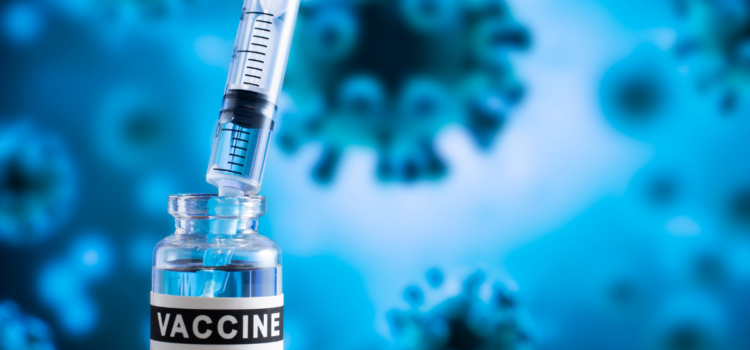
Pfizer recently asked the Food and Drug Administration (FDA) to authorize their newly updated COVID-19 booster shots for people aged 12 and older. The agency is seeking to get the updated booster approved before the fall season due to their anticipation of another wave of infection in the winter.
Not only will the updated booster vaccine attack the COVID-19 virus, but it will also attack other Omicron variants. Health officials hope this new updated version of the vaccine will provide extra protection against infection and severe illness.
“The agency will work expeditiously to review this and any other submissions once received in order to make modified COVID-19 vaccines available for booster vaccination in this timeframe,” said Abby Capobianco, an FDA spokesperson.
Dr. Ashish Jha, the White House COVID-19 Response Coordinator, said the new vaccines should be available by early to mid-September, Pfizer is just waiting on approval from the FDA. The United States government has secured 105 million doses of the updated Pfizer vaccine and 66 million doses of Moderna’s updated vaccine.
“It’s going to be really important that people this fall and winter get the new shots. It’s designed for the virus that’s out there,” said Jha.
Dr. Paul Offit, a member of the FDA Advisory Committee said they still need the vaccine companies to provide more data on the new vaccines before they receive authorization.
“You have to show some evidence in people that the immune response that you’re getting with the bivalent vaccine is clearly better, and those data haven’t been presented,” said Offit.
The data they have right now is based on a study the vaccine companies did in June that showed the bivalent Omicron shots increasing antibodies to protect against the infection in mice. Dr. Offit said the vaccine companies need to provide more human data.
“You can’t ask millions of people to get this booster dose without showing some human data that you have a dramatic increase in neutralizing antibodies to the BA.4/BA.5 strains as compared to boosting with the ancestral type,” said Offit said.
Michael Osterholm, a leading epidemiologist at the Center for Infectious Disease Research and Policy in Minnesota, also agreed with Dr. Offit in that more data needs to be presented on how well the vaccine will protect humans against BA.4 and BA.5.
“It’s not that I don’t think it could work,” Osterholm said. “But I think we need the data first to show that the immune response to this vaccine is equivalent to or better than what we have already.”
Dr. Peter Hoetz, an infectious disease and vaccine expert at Baylor College of Medicine in Texas, also said it is worth waiting a little longer to authorize the new vaccine.
“I would be surprised if the FDA would move forward on the whole show just based on mouse data alone,” said Hotez. “It’s just a matter of a few extra weeks to get essentially human data. I think it’s worth it because remember, the American people are not rushing to get boosted anyway.”